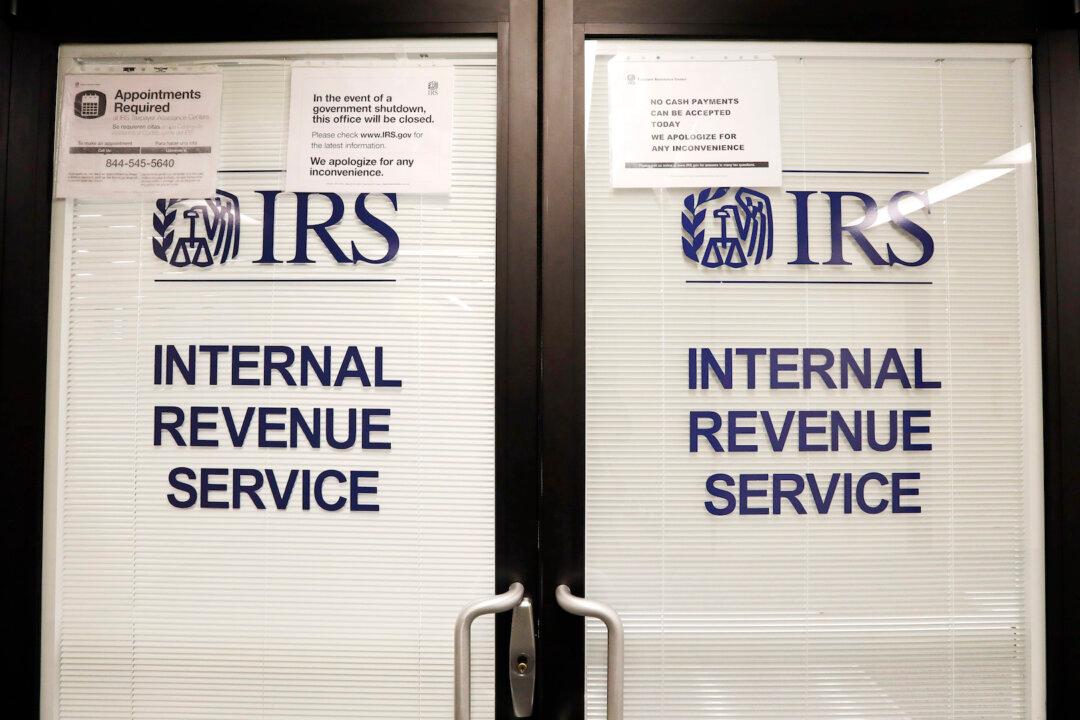Until now, many have enjoyed knowing their beneficiaries could inherit their assets tax-free through an irrevocable trust. It has been used successfully to pass assets safely to children without tax. For many people, it will no longer accomplish that goal.
The New Rule on Irrevocable Trusts
In March 2023, the Internal Revenue Service (IRS) changed the usefulness of an irrevocable trust for many people in their Revenue Ruling 2023-2. The ruling will eliminate the benefit of having this kind of trust unless set up correctly.The new document eliminates the possibility of avoiding capital gains tax by placing assets into an irrevocable trust. A growing number of Americans relied on this estate-planning tool to quickly pass their assets to their children and preserve their estate with minimum taxes.






